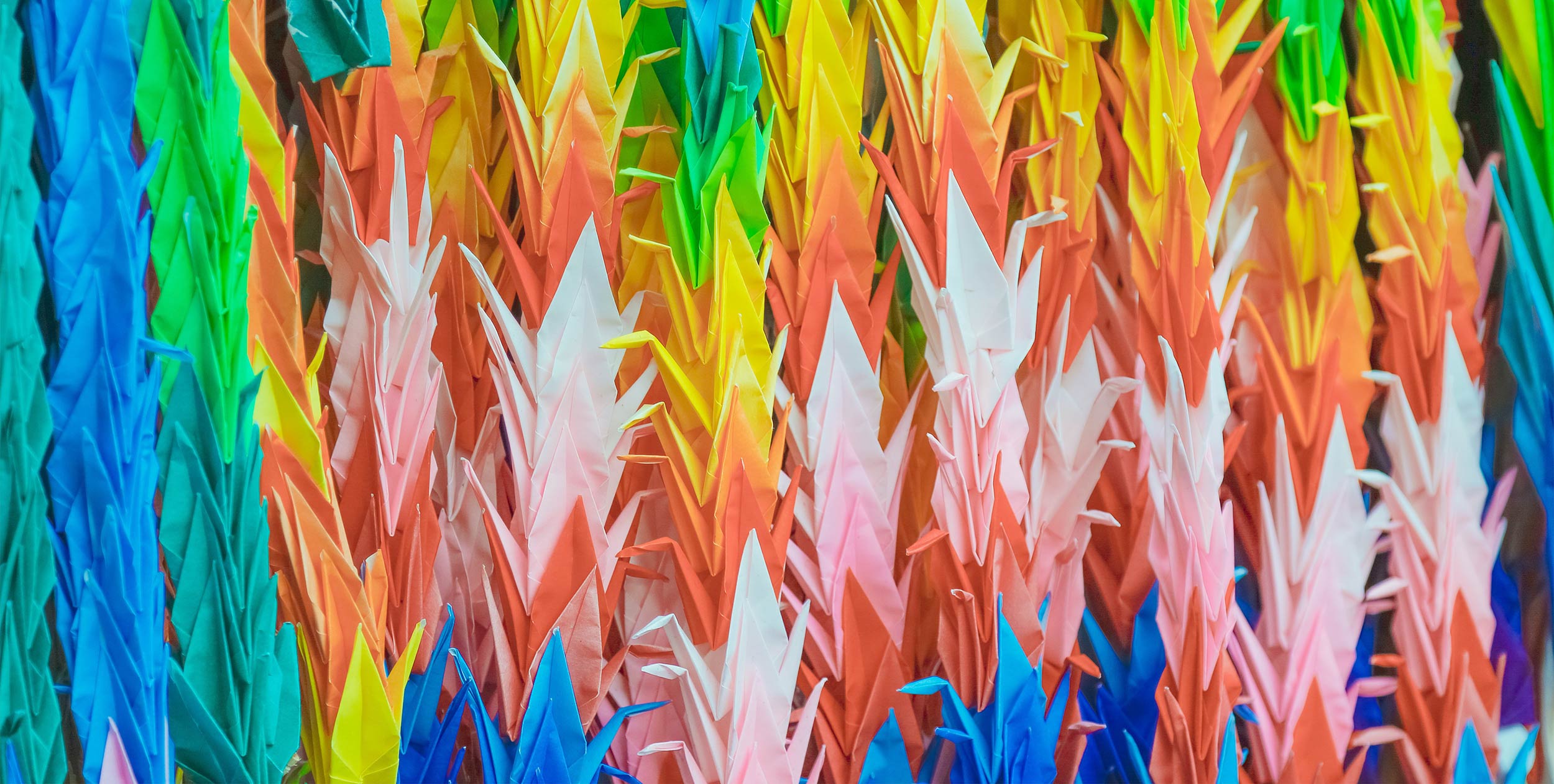Learn why the month of May is not the end

May is Asian Heritage Month in Canada, a time to reflect on and acknowledge the contribution of Asian-Canadians to the country’s growth, progress, and prosperity. As we reach the end of this month, it is important that, in addition to celebrating Asian-Canadians, we acknowledge that this year has brought new challenges and injustices.
We call out and condemn the escalating hate crimes and racist actions related to the COVID-19 pandemic directed at Asians and Asian-Canadians. The Vancouver Police Department reported an increase from 12 cases of anti-Asian hate crimes in 2019 to 98 cases in 2020 (Global News, Feb18, 2021), earning Vancouver the designation as the “Anti-Asian hate crime capital of North America” (Pearson, Bloomberg, 2021).
As we are celebrating Asian Heritage month, it is important to reflect on the history of anti-Asian racism, the structural barriers that persist, and the ongoing racist discourse prevalent in the media such as naming the COVID-19 virus the “China Virus” (CBC News, Feb 7, 2020). If Asian-Canadians are to fully realize their rights as Canadians, the communities in which they live, work, and play must change. We need to:
- learn from historical wrong doings
- establish anti-racist policies
- support initiatives to educate the public on the devastating impacts of Asian-specific racism
- use our positions of power and privilege to engage in allyship and solidarity efforts
We all deserve better: we need communities in which equity, diversity and inclusion thrive for all members and where all forms of discrimination are condemned.
A Long History
COVID-19 reactions to Asian-Canadians is yet another manifestation of the long, shameful history of anti-Asian racism in our country (Lai, 2010). The journey of settlement of Asian-Canadians has been contoured by exclusionary policies and discourses and the legacy of this litany of historical wrongs still looms in British Columbia’s society. Asian-specific racism related COVID-19 virus demonstrates the vulnerability of the Canadian Multiculturalism narrative.
Presented by The Canadian Encyclopedia, this Asia-Canada timeline is a chronological record of over 200 years of history:
Continue to Learn and Celebrate
Discover facts, figures, and resources provided by Statistics Canada.
Learn more: https://www.statcan.gc.ca/eng/dai/smr08/2021/smr08_250
2021 year marks 150 years (1871-2021) since British Columbia joined Canada. Explore this new open-access, multi-media resource that documents how this recent cycle of anti-racist activism is part of a broader history of racialized communities challenging white supremacy for over 150 years.
Learn more: https://www.challengeracistbc.ca/
Explore images, videos, and articles by The Canadian Encyclopedia.
Learn more: http://www.thecanadianencyclopedia.ca/en/collection/asian-heritage-in-canada
Join us in learning from and celebrating champions of culture transformation. You can participate directly by:
- Writing a post for the Community Voices series
- Telling us about work or projects supporting these goals
- Identifying a champion or early adopter of culture change
Learn more: https://redi.med.ubc.ca/introducing-the-community-voices-series
On June 10–11, 2021, UBC wants to hear from you. Through open conversations with key figures in education, health care, media, the corporate world, the not-for-profit sector and government, we’ll produce bold actions and key priorities to be implemented across the country. Participate in these discussions and help shape the fight against racism.
Learn more: https://events.ubc.ca/national-forum-on-anti-asian-racism
Find more events on REDI’s Events page: https://redi.med.ubc.ca/about/events/
A Picture Is Worth a Thousand Cranes
The image in this post is of ‘orizuru’ or origami (folder paper) cranes. They are a symbol of hope and recovery that have been used during the COVID-19 pandemic as a sign of support, to fundraise money, in memorials for the dead, and to help lift the spirits of health-care workers (CBC News, Feb 7, 2021).
According to Japanese tradition, folding 1000 paper cranes will grant you one wish.
Related Posts
Asian Heritage Month Events at UBC
Sources
CBC News (Feb 7, 2020). B.C. Newspaper’s coronavirus headline called out for racial discrimination. Retrieved from https://www.cbc.ca/news/canada/british-columbia/b-c-newspaper-s-coronavirus-headline-called-out-for-racial-discrimination-1.5456658
CBC News (Feb 7, 2021). 1,000 paper cranes folded for health-care workers in Richmond. Retrieved from https://www.cbc.ca/news/canada/british-columbia/1-000-paper-cranes-folded-for-health-care-workers-in-richmond-b-c-1.5904541
Global News (Feb 18, 2020). Horgan ‘deeply’ troubled by 717% increase in anti-Asian hate crimes in Vancouver. Retrieved from https://globalnews.ca/news/7647135/horgan-bc-presser-feb-18/
Lai, D. C. (2010). Chinese community leadership: Case study of Victoria in Canada. World Scientific.
Pearson (2021). This Is the Anti-Asian Hate Crime Capital of North America. Retrieved from https://www.bloomberg.com/features/2021-vancouver-canada-asian-hate-crimes/